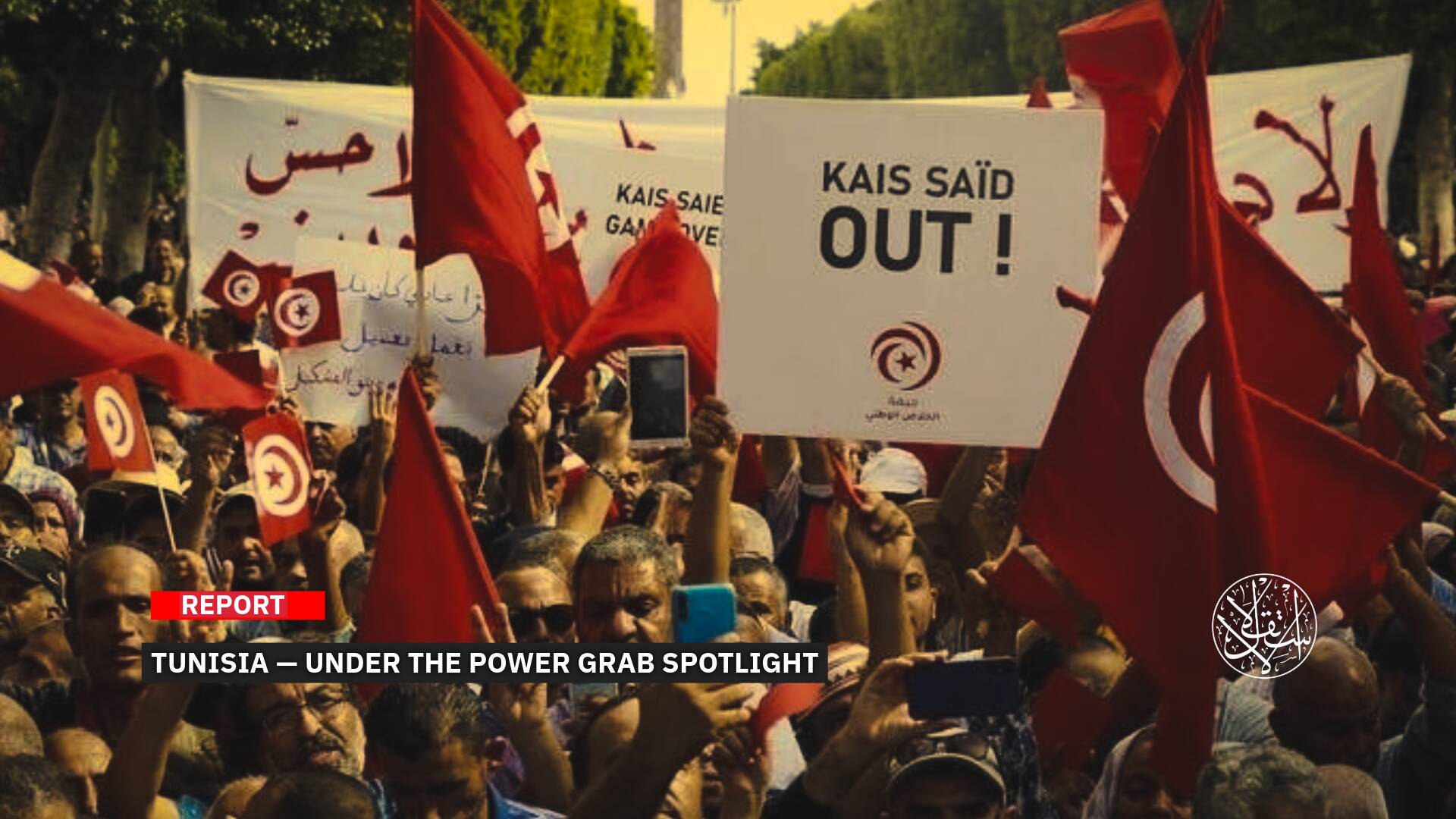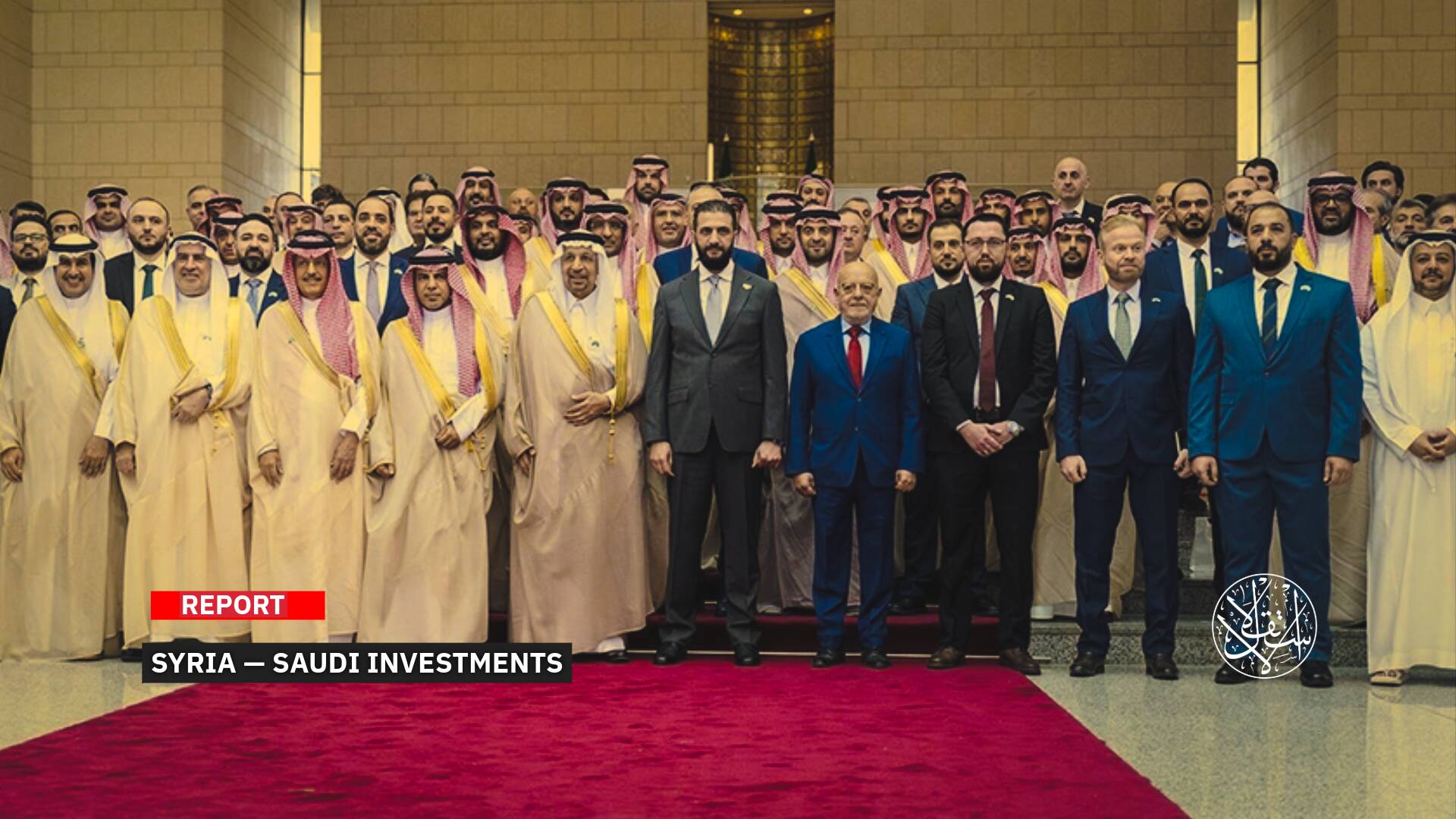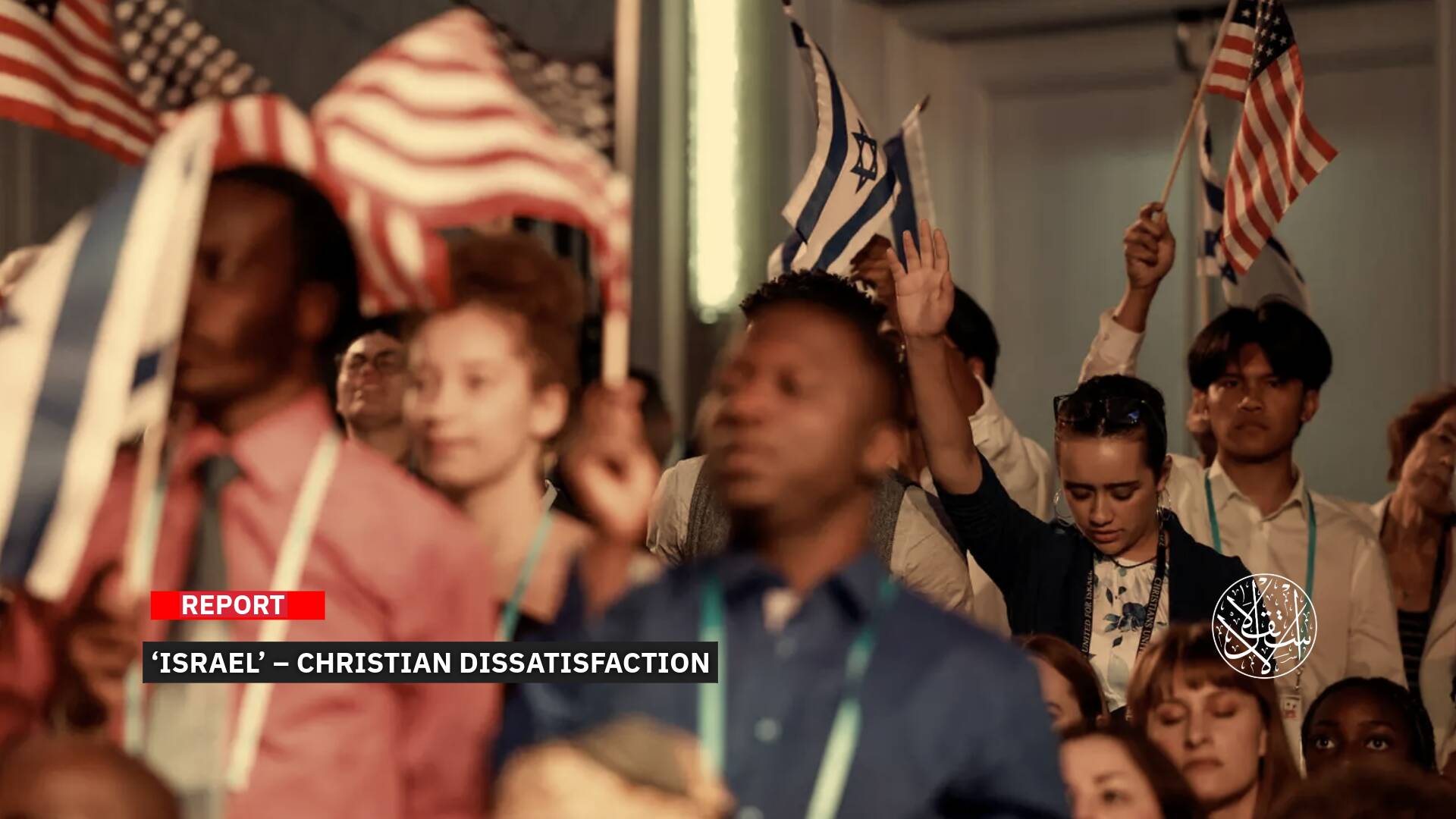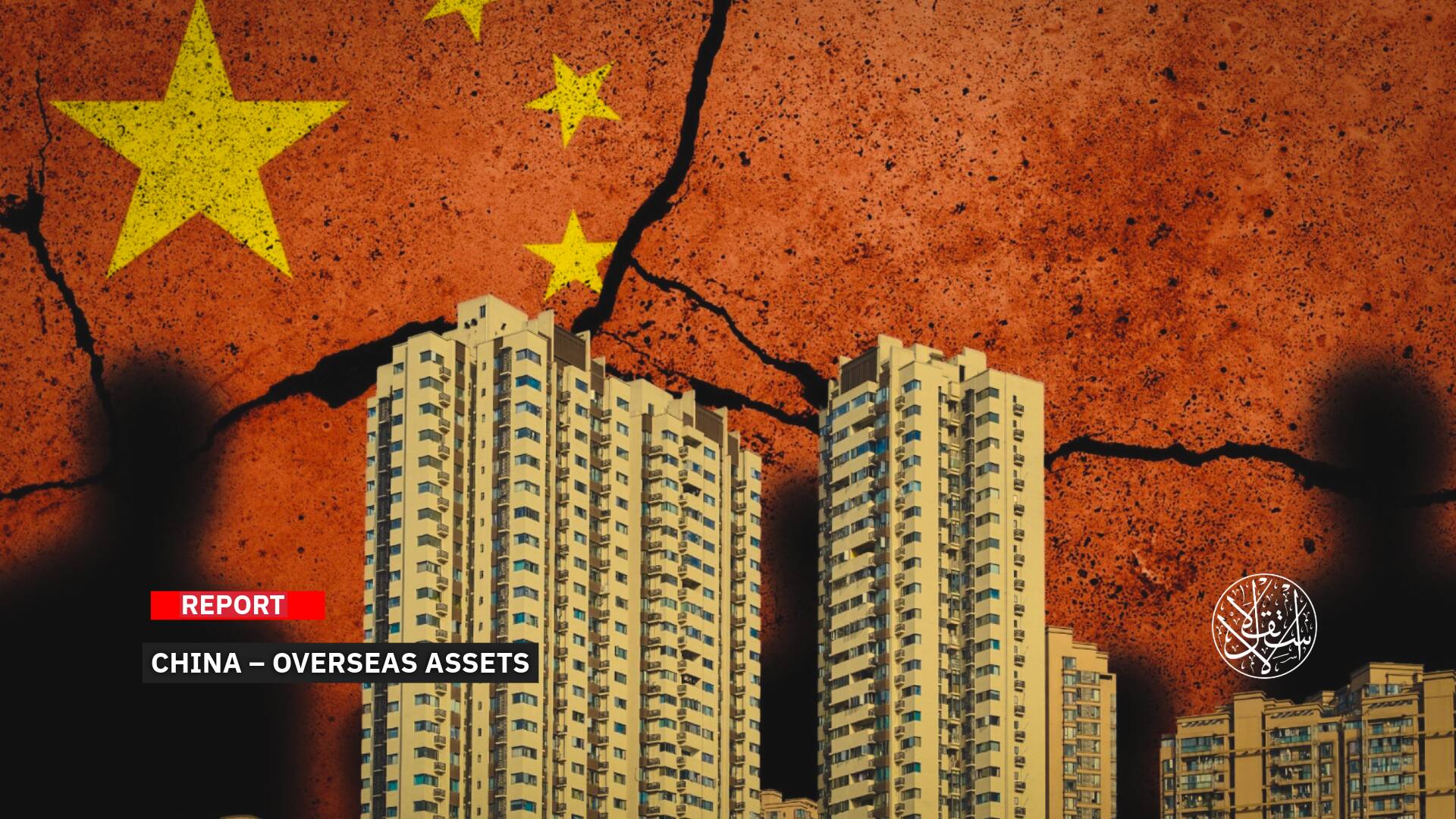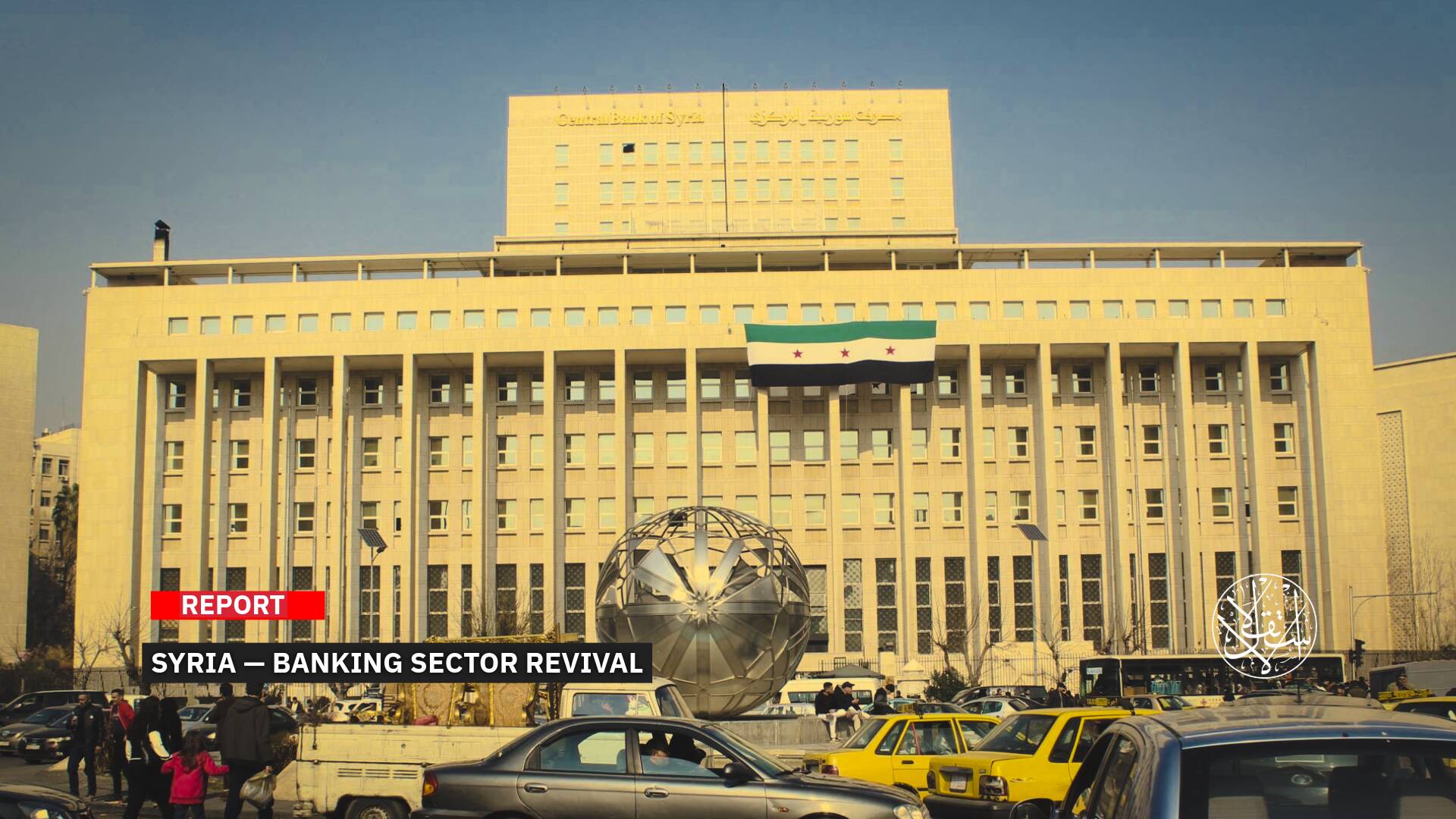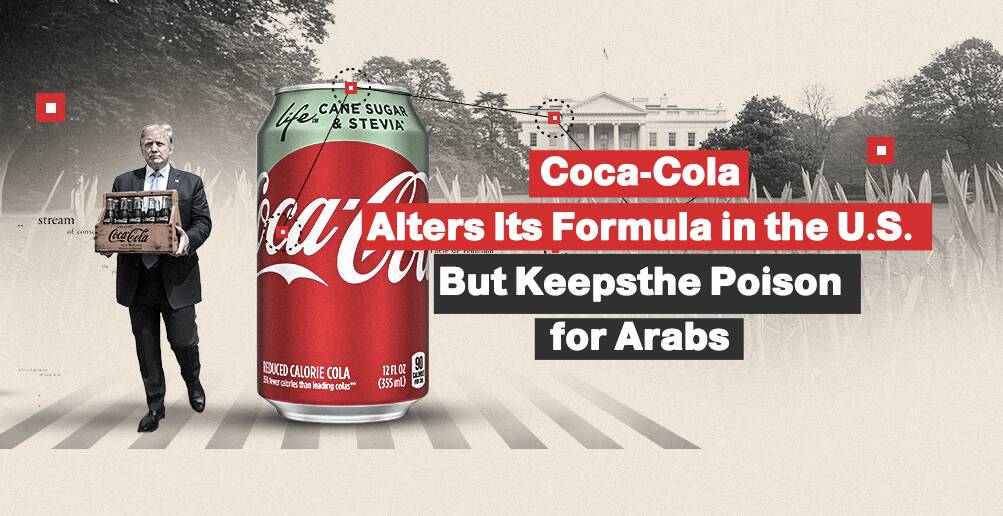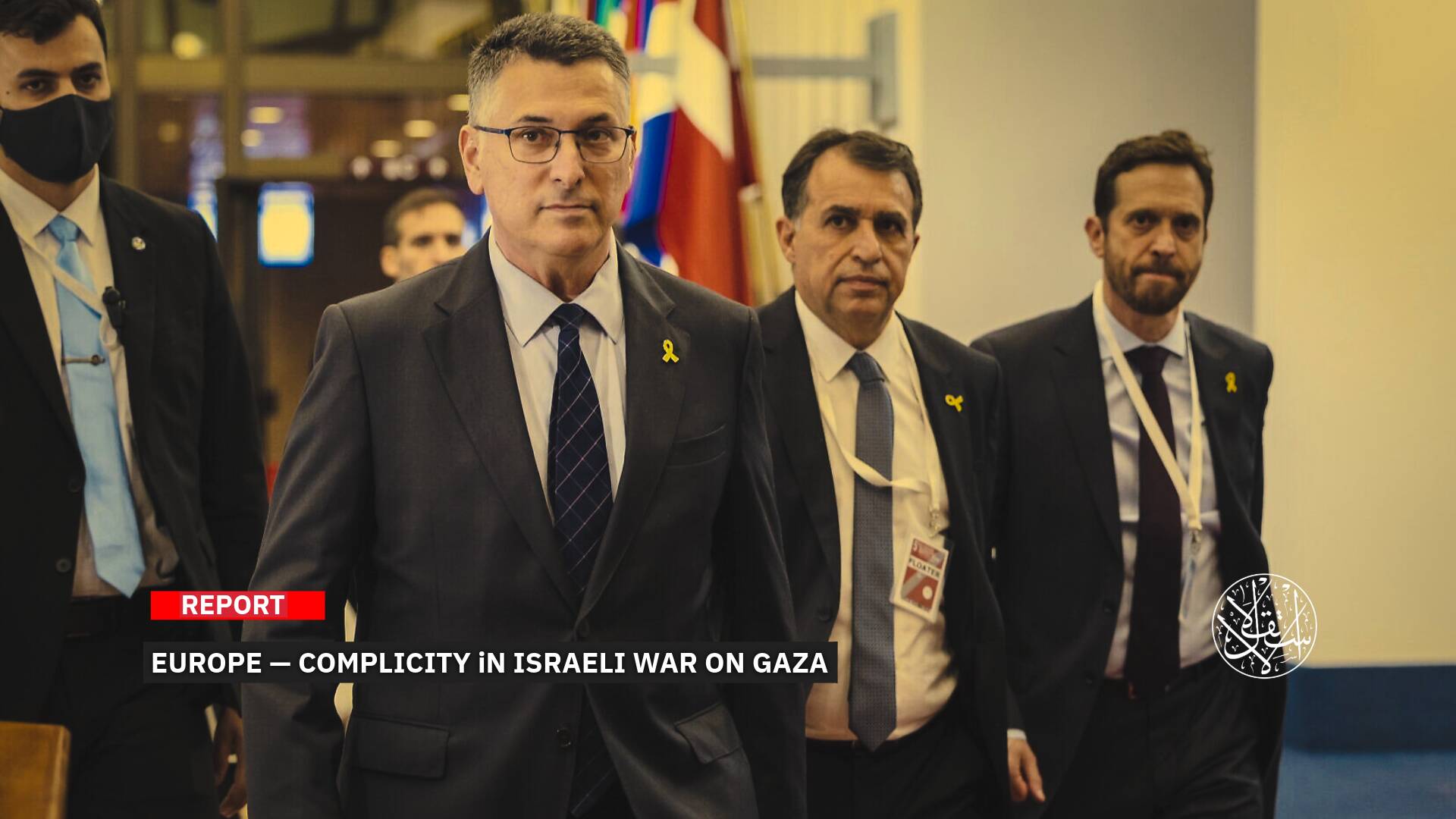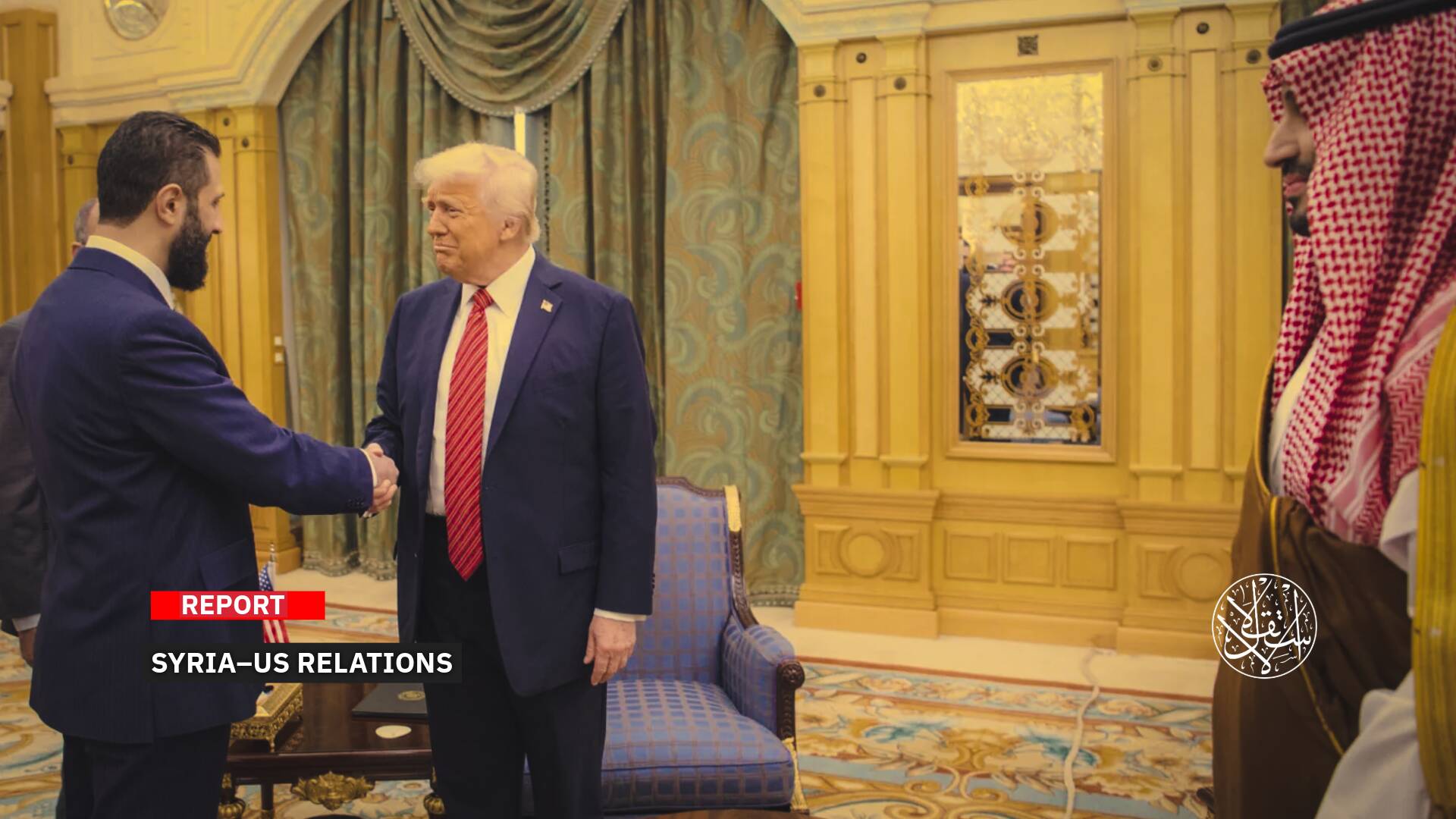How French Education Makes Moroccans Lose Their Language and Prevent Them From Development
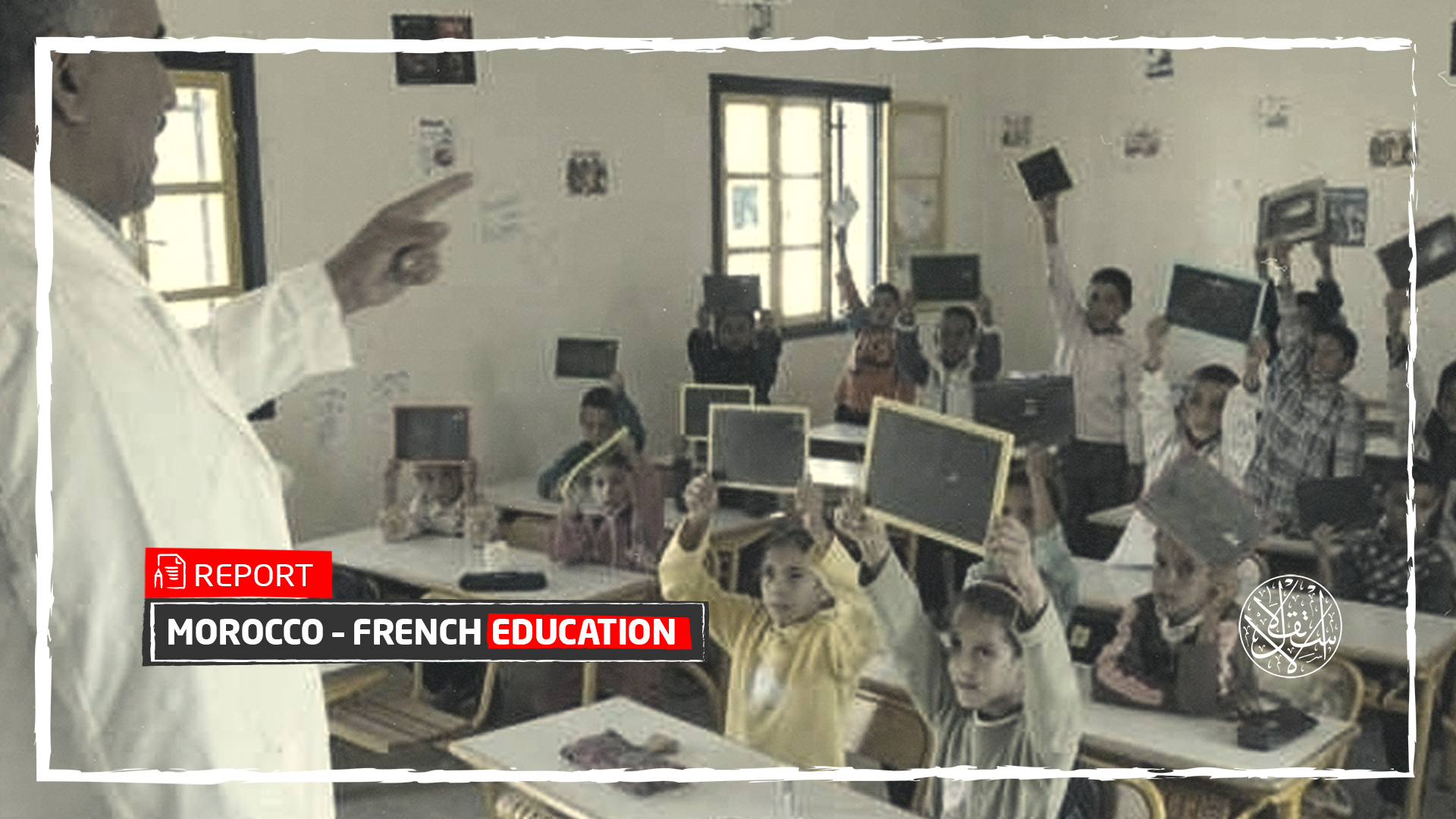
With thousands of Moroccan students receiving a zero mark in the French language and school subjects in French and mounting complaints from teachers who say students do not understand scientific materials because of the language barrier, the country's teaching language has resurfaced.
Politicians, intellectuals, university professors, and civil actors renewed their demands to abandon French education and amend the law on the system of education, training, and scientific research, under which the teaching of scientific and technical subjects in French is obliged.
On July 22, 2019, Morocco's lower parliament approved the bill, known as the French Education Act, with 241 deputies, 4 against and 21 abstentions, while 266 others were absent from the ballot.

Catastrophic Result
On June 18, 2022, former prime minister and secretary-general of the Justice and Development Party (Opposition) Abdelilah Benkirane called for the suspension of French education and the amendment of the relevant law, arguing that allowing the ratification of the law was a crime against the people.
"I read a story about 5,000 students getting a zero mark in French," Benkirane said at a meeting of his party's leadership, stressing that "this has destroyed the hopes of generations of simple society.
"Today, we have Moroccan children who do not speak Arabic and do not understand it," he said, describing it as "unreasonable."
He called on party frameworks and its parliamentary deputies to submit legal proposals to amend the law, specifically with regard to France and the language of teaching.
Civil society associations defending the Arabic language also expressed their rejection of the "France of Education" decision, calling for its change and an end to the bleeding recorded at this level.
Fouad Bouali, head of the National Coalition for The Arabic Language, said the "framework law" has a fundamental purpose: "Making public schools French."
He added to Al-Estiklal that the strategic vision on which the framework law was based, and the various stages it has developed to implement the founding principles of the law, practically perpetuate Morocco's education crisis.
Bouali stopped by what he described as "improvisation," which accompanied the ratification of the "framework law," noting that "the Ministry of Education was accelerating the pace before parliament ratified the law, for the Francization of the Moroccan school."
"The proof of this is the memorandums issued by a group of directors of regional education academies, not to achieve linguistic openness as they say, but to consolidate and impose the French," he said.
On February 15, 2019, a local Website revealed that the Rabat-based Academy of Education, Salé Quneitra, had begun actually teaching scientific materials in French in many educational institutions before the law was ratified.
The Moroccan linguistics scientist warned of the danger of "French education," saying that it would lead to a decline in education in general.
He denied that Arabic was the cause of the decline in education but that "the real problem is the presence of politicians and officials trying to impose French on Moroccan society."
Bouali noted that historical and contemporary experiences confirm that any successful education must be in the national language, as it can develop the country and enable students to innovate.
"We continue to demand that the articles associated with the imposition of the French be amended and retracted," he said.
He concluded that without retreating from the French, we will resolve the status of the school, and we will be experiencing conflicts, crises, ideological and elitist alignments at the expense of the Moroccan school, and the education crisis will continue, which will lose real opportunities for the renaissance of society and the State.
French Dominance
In contrast to the expansion of the French education margins, a January 2022 report recorded data on the decline and poor presence of Arabic in the educational system.
The report, issued by the Moroccan Association for the Improvement of The Quality of Education-Places, revealed that Arabic is no longer a language for teaching at least scientific and technical subjects at all system levels.
The number of hours teaching Arabic in Moroccan schools fell from 6,290 hours per year before the law was ratified to 3,468 hours later, the report said.
In contrast, the French language's share doubled from 2,788 hours to 5,610 hours per year, making it " the dominant language in the teaching time from which it will be deducted by two-thirds."
On the other hand, the same indicators showed that wealthy families and the majority of officials communicate only in French. In contrast, although official, Arabic and Amazigh are left to the general public, and French is remarkably dominant in the business world and the media.

While advocates of the "French Education" option see it as a step towards achieving equity and equal opportunities and ensuring that young people have access to the French-dominated labor market, Moroccan thinker Abu Zeid Idrissi sees it as a threat to Moroccans and their academic and professional future.
He stressed to Al-Estiklal that teaching in French not only poses a threat to pupils, their educational future, and their ability to achieve but also to them in terms of employment opportunities.
According to the Moroccan thinker, linguistic sociologists, led by Dr. Abdelkader Fassi Fehri, agreed that "Francophone-ism [the orientation to adopt French in all aspects of life] has become a real barrier for the people to access decent social and professional sites."
For example, he continues that students who excel in mathematics mostly fail in civil engineering games because they have poor points in French.
In contrast, the Moroccan thinker explains, "Middle students in mathematics and physics are admitted to French institutes, in particular, both inside and outside Morocco, because of their superiority in French, and because they are from Francophone bourgeois families.
"France is a danger to the future of the student, to their right to live and work," the former MP said.
As for moving to the civilized level to discuss the French education, we will be, according to Idrissi, "faced with the bitter fact that the entire nation is kidnapped, in its identity and opportunities for its development, because development is only by creativity, and creativity is only in the mother tongue, because man is not creative outside his language, and this is done on Arabs and non-Arabs."
Sources
- The House of Representatives approves by a majority the draft framework law related to the education, training and scientific research system [Arabic]
- Report of the Moroccan Association for improving the quality of education [Arabic]
- Ministry of Education begins teaching scientific subjects in French without law [Arabic]


